I woke up before dawn this morning and gathered clothes I had laid out the night before. Tiptoeing across the hardwood floor to avoid waking my sleeping family, I dressed in the kitchen to the sounds of percolating coffee and the early morning chirps of cardinals and wrens. The night had been filled with restless sleep and disjointed dreams, but I needed to put all that behind me for today to be a success. Today, dozens of scientists were counting on me to be at my best, and I was determined to give nothing less.
Today, I was traveling to a nearby aviation maintenance facility to conduct research for a project I lead. Years in the making, this project has taken me around the world, offering glimpses into corners of the Department of Defense I had never encountered in two decades of service. It has shaped my understanding of military operations in ways I had never expected, forcing me to see the institution not just through the lens of a warfighter, but as a scientist—one tasked with extracting meaning from data, uncovering patterns, and translating human experience into something measurable.
Today was another day of data collection, this time with a military population on an active-duty base. For most scientists, this would be a rare and extraordinary opportunity, but for a uniformed scientist like myself, it was just another day in the office… or at least, it should have been. As I set out for the day, I couldn’t shake the familiar doubt creeping into my thoughts. I have spent years refining this research, ensuring every aspect was rigorous, every question purposeful, every recommendation actionable. But would it matter? Would the leadership who ultimately receive our findings pay attention? No matter how decisively I wrote or how clearly the data spoke, I have seen too many well-intentioned efforts disappear into the bureaucratic void, reduced to footnotes in reports that no one read. The thought lingered as I merged onto the highway, the steady rhythm of taillights stretching ahead like a road leading nowhere.
These doubts are compounded by the fact that today would be one of the last times I did this kind of work before I retired from the military. The reality of that statement settled in like a weight I hadn’t fully acknowledged. Soon, there would be no more research trips in uniform, no more moments of stepping onto a base with the unspoken authority that came from wearing it. I wouldn’t be collecting data for the military—I would just be someone who used to.
I didn’t quite know how to think about that yet.
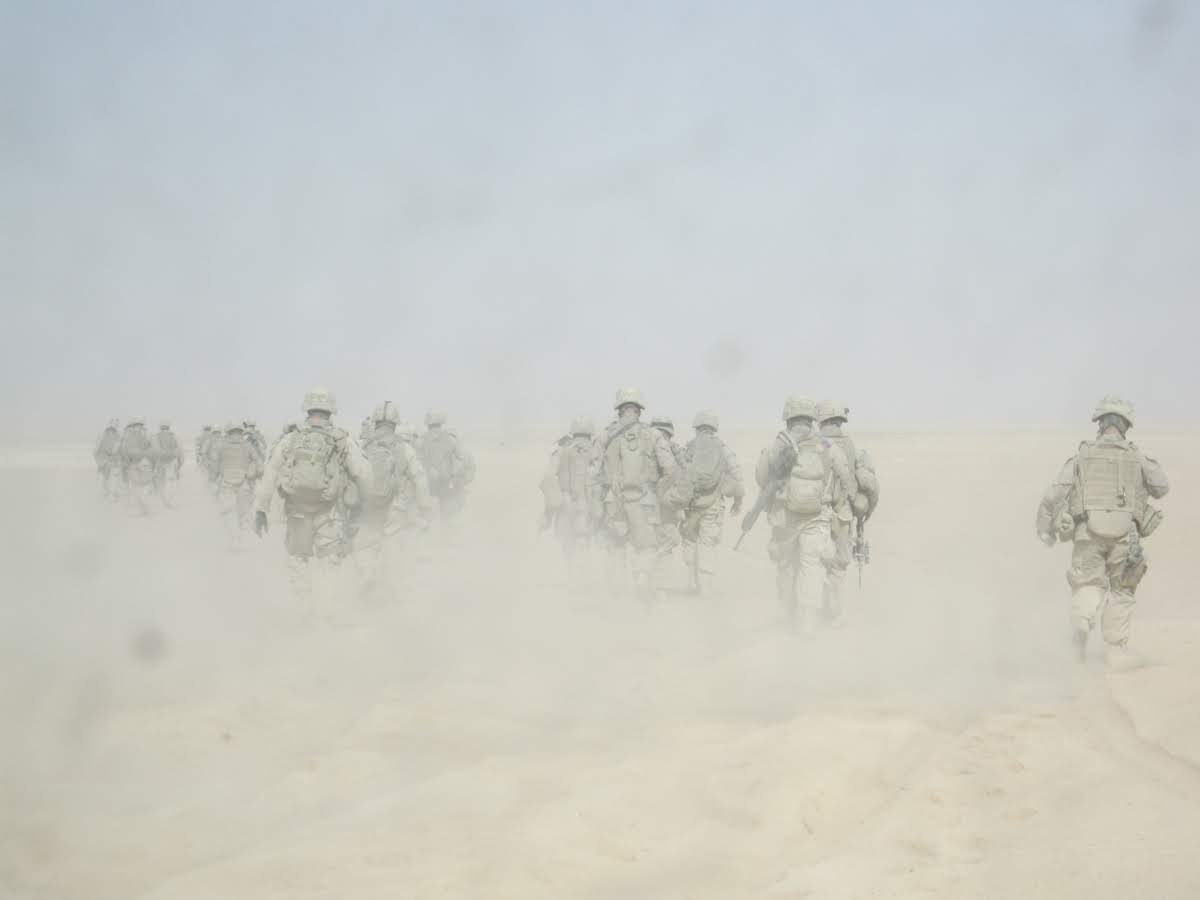
For so long, my identity has been shaped by this role, by the confluence of science and service, by the sense that my work contributed to something greater than myself. Now, as that chapter nears its end, I find myself hovering between pride and uncertainty. What will it mean to do research when it was no longer tied to a mission I had dedicated my life to? Will the work still feel as meaningful? Will I?
With coffee in hand and a car trunk full of research computers, paper forms, and bags of miniature chocolates (a necessary incentive for any successful research), I joined a caravan of commuters in the predawn light. A carnival of taillights stretched down the highway for miles. Midway toward my destination, the sky bloomed into a beautiful yellow and pink sunrise that eventually gave birth to a bright orange ball of light that danced behind the trees. I thought back to when I had first joined the military twenty years ago. A popular recruiting motto at the time said, “We do more before 6 a.m. than most people do all day.” For a long time, that was true of my experience. I frequently watched sunrises like this one while stalking through the woods of foreign lands, my face painted and body covered in tactical gear. I used to remark to myself how folks back home would just be waking up while I had been up the entire night, or sometimes for many continuous days at a time. I was glad those days were behind me. That was a young man’s game, and I have long since been replaced by a more capable generation of steely-eyed youth.
I met my research colleagues at their hotel, and together, we joined the slow-moving line of cars inching toward the base entrance, our collective mugs of coffee steaming in our hands. The morning air carried the kind of quiet tension that comes before a long, demanding day. In the car, we ran through our plans, mentally preparing for the intricate sequence of events ahead—one misstep in coordination, and the whole operation could slow to a crawl.
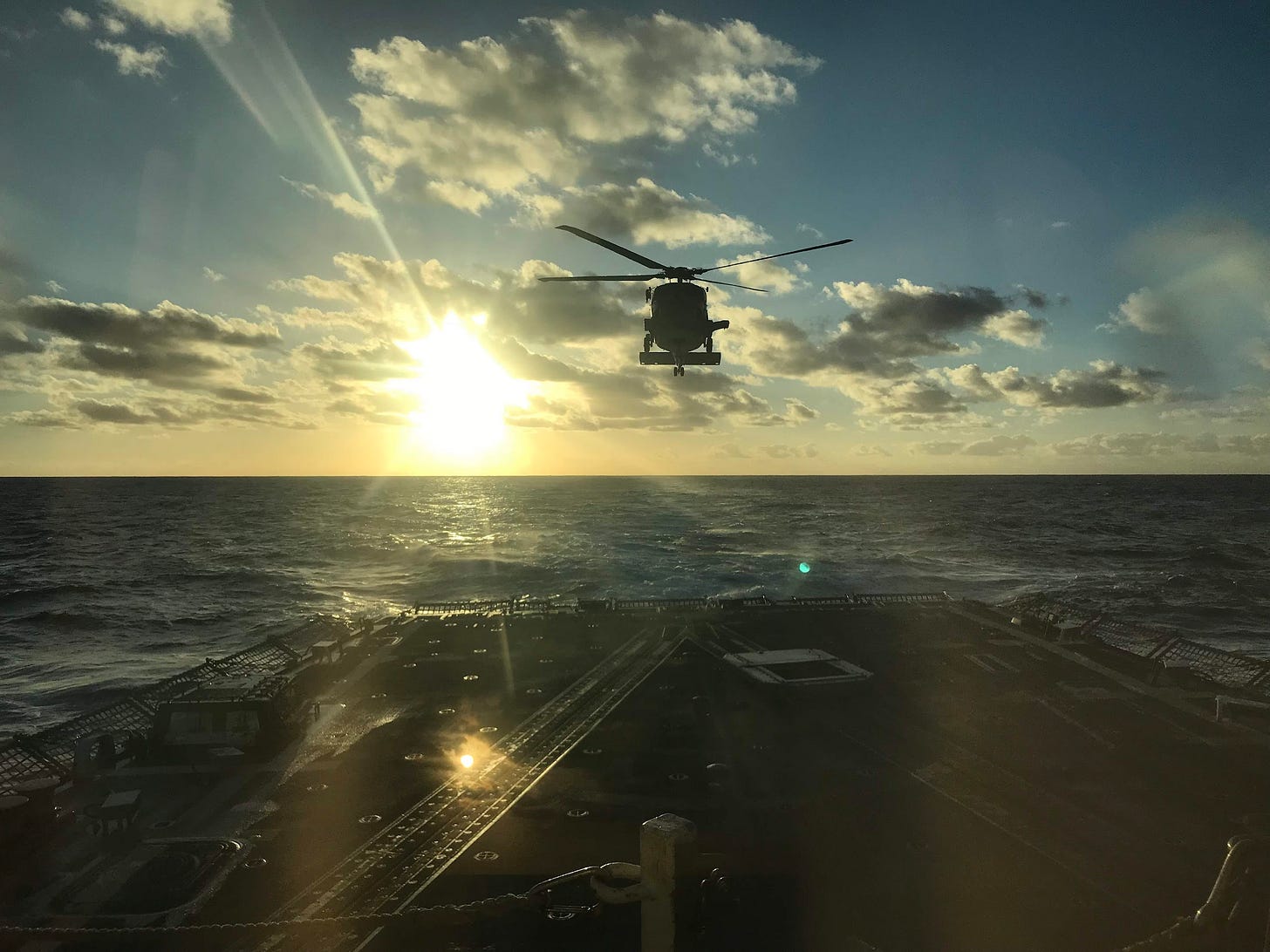
The team from Johns Hopkins Applied Physics Laboratory had arrived the night before, ready to begin collecting data at first light. For most of them, this would be their first time on a military base, and almost certainly their first time interacting with uniformed personnel. Their work was highly technical, yet today they would be stepping into an environment where customs, courtesies, and unspoken hierarchies carried as much weight as raw data.
As we neared the gate, I reached for my ID, rolled down the window, and watched as the gate guard snapped to attention. I returned his salute without thinking—an automatic exchange, a ritual I had performed countless times. But this time, the simple gesture held a weight I hadn’t expected.
Soon, my time in uniform would be over, and with it, these small but meaningful rituals—the salutes, the deference, the unspoken recognition of shared service—would no longer be mine to receive. I had always known that retirement would mean a shift in identity, but I hadn’t considered how much it would be defined by absence—the loss of things so deeply ingrained that I rarely stopped to notice them. Today, I was here in a familiar role, bridging the worlds of military and science, translating their languages for one another. One day soon, I will step onto bases not as an officer, but as a visitor. The authority that once came with my uniform will be gone.
The thought sat with me as we cleared the gate and drove forward toward our destination. Minutes later, we arrived at the aircraft hangar and were welcomed into the massive structure by the command staff who met us at the front door. The facility in which we were working that day was an aviation maintenance facility, built to work on massive patrol aircraft that hunted submarines over vast stretches of ocean. The staff there were 99% enlisted sailors—“wrench-turners” or “maintainers” in aviation parlance. Salty people, to be sure, but arguably the most important in all aviation because it was their attention to detail and hard work that enabled my aircraft to fly and perform safely.
“My” aircraft… as if I had an aircraft. My wings are nothing more than a decorative emblem on my chest now. I haven’t flown a mission in years, permanently grounded by physical ailments kept hidden until their manifestations became undeniable, demanding immediate medical attention. Acknowledging that I needed help came at a great cost—I lost a dream, a career, and an identity in one fell swoop.
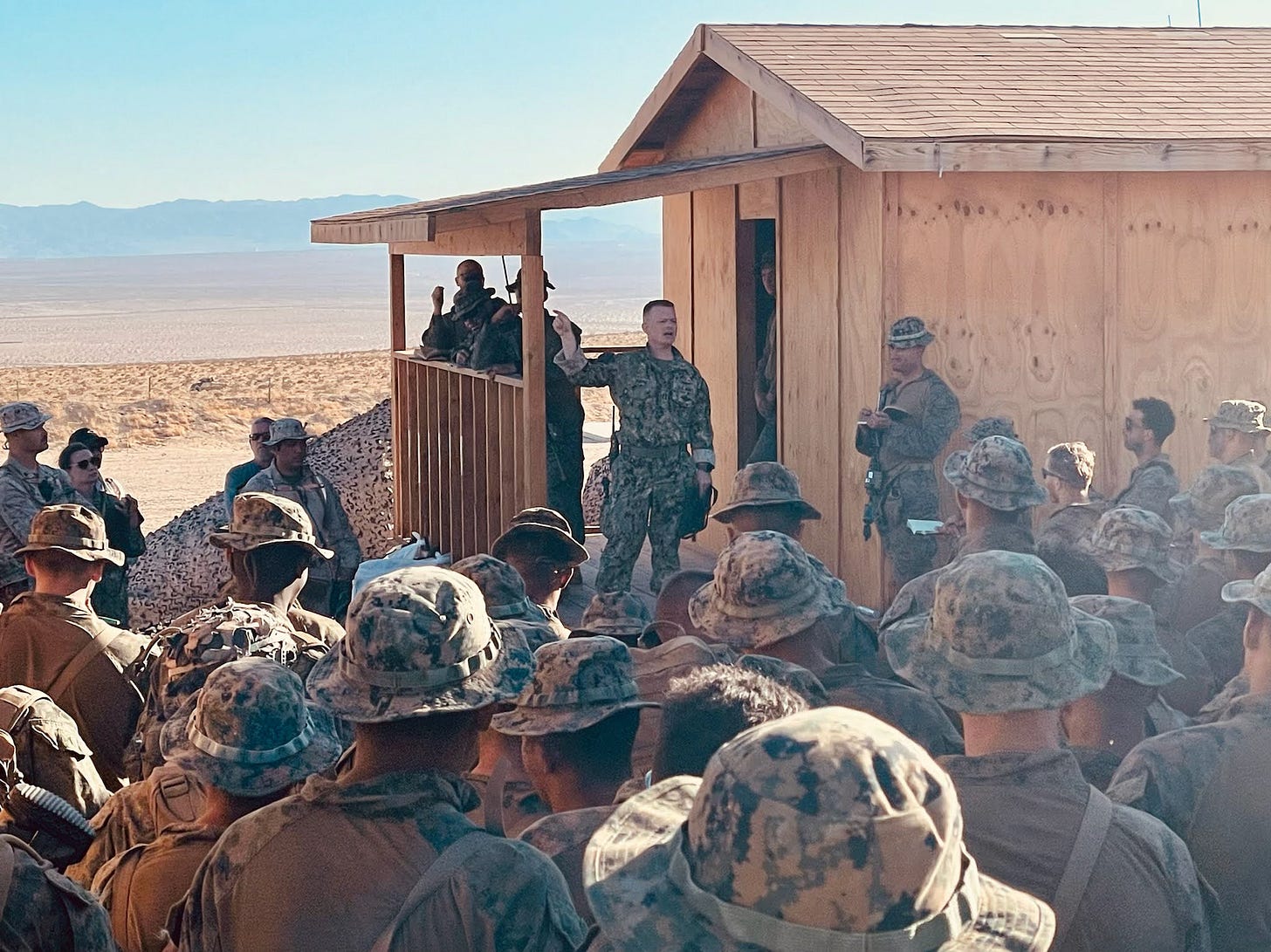
It was still a privilege to wear the flight suit, and I reminded myself of this as I walked through these spaces filled with sailors who instinctively made way for someone in it. They don’t know I don’t fly anymore. Instead, they treat me with the reverence of a flying ace, hanging on my every word, bustling about trying to be helpful, fetching things for me, offering to carry my bags. It was humbling to be called “sir” so many times in the span of a few minutes. I struggled to find a succinct way to return their respect other than to meet each of their eyes, smile sincerely, and say “thank you” over and over.
I left my colleagues to set up our workstations and followed the Command Master Chief on a brief tour of the facility. Alone, we walked beneath the vast aluminum wings of aircraft, their elongated shadows stretching across the polished concrete in contrast to the brilliant orange glow of the early morning sun streaming in from all angles. Soon, this space will be alive with the sounds of rivet guns and torque wrenches, but for now, the only noises are the echoes of our boots, the low murmur of our gravelly voices, and the distant cries of seagulls drifting through the open hangar facing the Chesapeake Bay. The sharp, sweet pungency of aviation gas mixed with the oily, metallic warmth of machinery, transporting me back to the days when I lived and breathed in spaces like that—its smells stirring a powerful nostalgia.
As we reached a quiet corner of the hangar, where we were completely alone, the conversation began anew.
“How are you feeling about the dog?” the Master Chief asked as we walked, skipping past meaningless chit-chat. He was referring to my upcoming trip to New York, where, after more than two years of waiting, I will finally be matched with my service dog. The training is scheduled to last two weeks, seven days a week, and at the end of it, I will return home with a new partner—one who will always be by my side.
The thought of getting a service dog has stirred a mess of emotions for me. On one hand, I am eager for the support and companionship. On the other, I have wrestled with the labels that come with it—words like disability and handicap. I also haven’t been able to shake the discomfort of knowing that a service dog with a vest will be a visible marker, a signal to the world that will invite questions I don’t want to answer… or don’t really know how to answer.
So, why do you have this dog? What does it do for you? You look fine, why do you need a service dog?
Even imagining trying to answer those questions makes me uneasy.
“Scared,” I answered the Master Chief’s question in an even tone. He nodded knowingly, not saying a word. The two of us continued in silence for a moment longer, our pace slowing intentionally.
“I really don’t know what to think,” I said through an exhausted sigh.
“Change is tough,” the Master Chief said, his mug of coffee held to his lips. “But so are you,” he said with an unhurried weight.
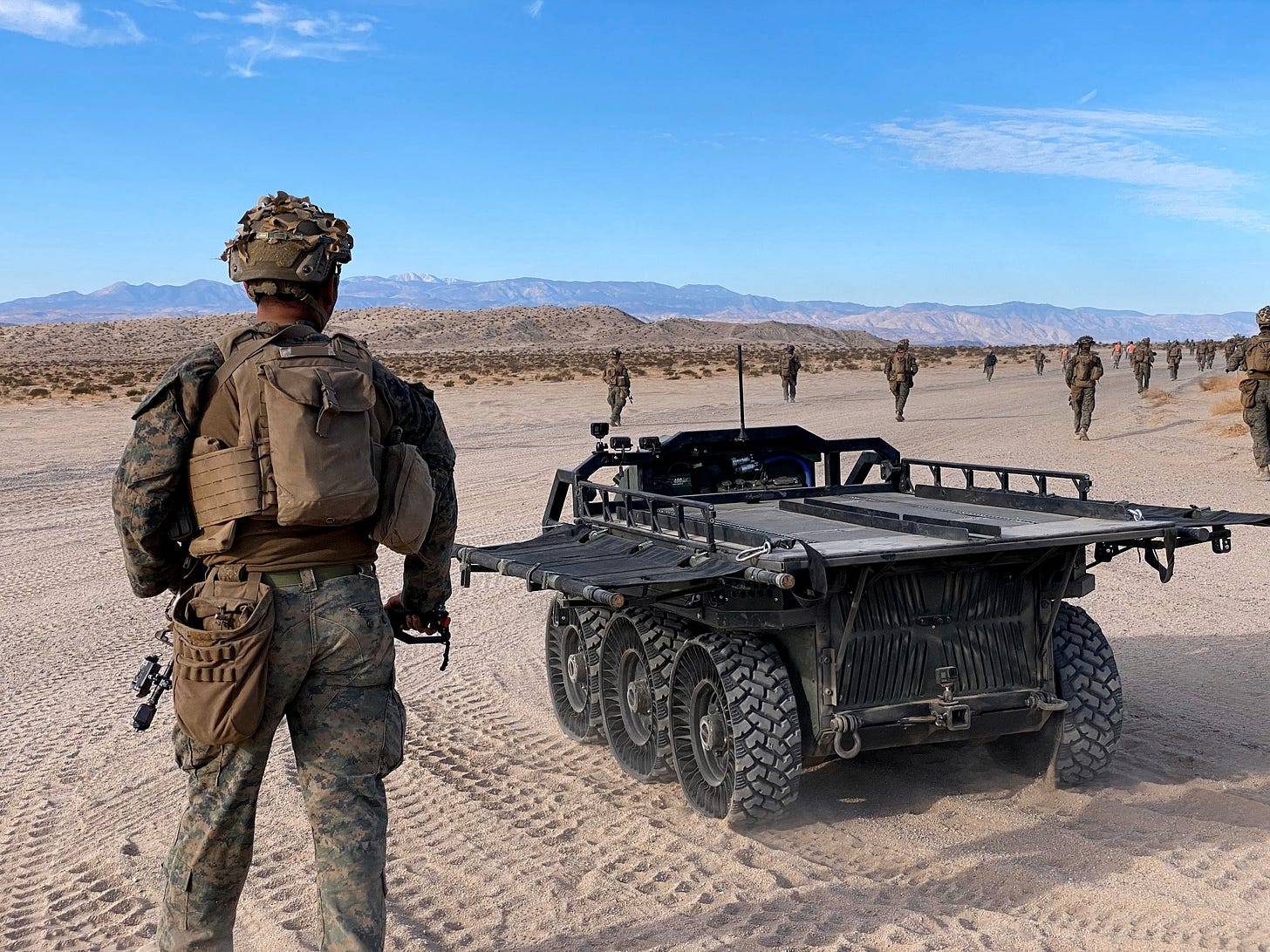
His taut frame and bulging arms belied his age, a body hardened by decades of physical labor, discipline, and the unrelenting demands of service. His skin was weathered, a roadmap of sun, wind, and time, etched with deep lines that spoke of long deployments, restless nights, and burdens carried without complaint. Even with a faint limp—a remnant of old injuries he never spoke about—he moved with a deliberate steadiness, as if defying the wear of years through sheer force of will. His presence alone commanded respect, not just because of his rank, but because of the quiet, unshakable confidence that radiated from him. He was the kind of leader who didn’t need to raise his voice to be heard, the kind of man who had long since earned the right to walk into any room and be instantly recognized as someone who had seen, endured, and led through more than most would ever know.
And yet, beneath the hardened exterior, there was something else—an unspoken weight he carried, the kind that only those who had lived through the worst of it could understand. The kind of weight that made men like him stay up too late, drink their coffee too black, and stare a little too long at the horizon, lost in thoughts they’d never fully share. Even with all that, he looked ready to fight that night if called upon—because that was who he was. Who he had always been. As we walked through the quiet hangar, weaving between stationary propeller blades and unpacked wooden crates of glistening metal and black rubber, our conversation remained low and unhurried.
To an outsider, we were just two men in uniform, but we were bound by something far deeper—not just decades of deployments, but a shared journey of recovery. Just twelve months earlier, we had sat together in tears during a week-long treatment for post-traumatic stress disorder. With our egos stripped and shadows exposed, we laid bare our deepest fears, processing experiences long buried in the recesses of our minds. We had seen each other at our most raw and vulnerable and walked together through a remarkable experience of healing. Today, the Master Chief and I had to feign the formality of an officer and enlisted sailor, but our quiet morning walk was an excuse to share a few words as close friends before getting down to business.
We turned the corner and stepped out from behind a partitioned wall into blinding morning light streaming through banks of 30-foot windows stretching across the massive building. Beneath them stood row upon row of youthful faces—America’s finest—clad in blue coveralls tinged with oil and grease stains, sleeves rolled to the elbows. Their working uniforms may be tarnished, but their freshly shaven faces and polished boots were the cleanest you’d ever see, and there they stood, at parade rest, waiting in anticipation to hear what this stranger in a flight suit had to say.
The Master Chief climbed a small platform and called the command to order, his deep voice echoing through the vast concrete space with unquestioned authority. Satisfied with the group’s discipline and professionalism, he bid them condense around the stage and stand at ease. With a brief introduction, he handed me center stage, where I did what I had done hundreds of times before—to speak definitively, to motivate and inspire, to lead.
Introducing the purpose for my visit today, I began by speaking of future conflicts against unknown enemies, of immense challenges paradoxically created and potentially solved by the same advancing technologies that our militaries were developing. I painted a vision of a future force—volunteers whose technical acumen and creative ingenuity would prepare them to confront emerging threats from worthy adversaries. With the foundation set and their attention locked in, I outlined the purpose of our research and its relevance to the evolving nature of warfare.
I explained the value of research participation—not just for the organization’s ability to plan and adapt but for their own personal growth. I spoke of what it meant to contribute one’s time and cognitive resources to something greater than oneself. And, as I always did, I closed with something personal.
I told them I had once stood where they stood, feeling like an insignificant cog in a massive machine. I offered my time to anyone seeking education or guidance through the complexities of military bureaucracy; anyone who wanted insight into navigating non-traditional career paths. Given the circuitous path of my 20-year career—with its many storied and colorful chapters—I always carried the same message: If I can do it, anyone can.
And with that, I ended with the most meaningful words I could offer—words I had heard for twenty years and which still carried weight to this day:
“Thank you for your service.”
Within minutes of my conclusion, more than fifty people stood ready and willing to participate. With consent forms signed, questions answered, and timers commenced, I took a seat at the back of the room and observed the fruits of my labor—the realization of years of writing, proposing, and planning. As participants cycled through our study, answering questions, completing tasks, and engaging with the research process, I found myself wondering if any of it would amount to real change. I believed in the importance of what we were studying—believed it enough to dedicate years of my life to it—but belief alone didn’t translate into impact. It was easy to imagine these findings joining the countless others that had come before, filed away, discussed in meetings, but never fully realized. Was I, despite all my efforts, simply creating another academic exercise? The weight of that possibility settled uncomfortably in my chest as I continued guiding my team, pushing aside the doubt for now.
My workspace soon became a cluttered mess of consent forms, sticky notes, and the tangled cords of power adapters, but amid the controlled chaos, I found myself engaged in several quiet, meaningful conversations. Some approached hesitantly, unsure of what to ask but eager for guidance. Others spoke freely, their words tumbling out in a mixture of ambition and uncertainty. They wanted to know how to navigate the complexities of military bureaucracy, how to pursue further education, how to transition from service to something beyond the uniform.
I offered what I could—mentorship, practical advice, encouragement—but mostly, I just listened. I listened to the junior sailors contemplating their futures, to the seasoned maintainers reflecting on careers nearing their end, to the young officer uncertain if he had chosen the right path. These moments, fleeting as they were, felt significant. As the day wound down and I sat with sailors who had come to share their stories, doubts about what I was doing drifted away and were replaced with something deeper, more significant: a sense of doing for others, a sense of purpose, a sense of service.
It is these interactions that mean the most to me now—the shared stories, the laughter of common experience, the knowing nods that span generations. There is something profoundly human in these exchanges, something that goes beyond rank or career fields. These interactions remind me that service isn’t just about missions or research; it is about people, about connection. Soon, this uniform will be just another relic, folded and stored among the tangible memories of a life lived. My experiences, like my aging body, will one day fade into irrelevance.
But today, at least, the uniform mattered—I mattered; perhaps not in the grand, sweeping way I like to imagine, but in the quiet moments of understanding, of shared experience, of passing something forward.
Today, my story, my experience, and my presence meant something to someone, and that is enough.
ES Vorm, PhD is a 20-year combat veteran, a PTSD/TBI survivor, recovering alcoholic, and the owner of a service dog named Spirit. Once a scientist in human-machine teaming and artificial intelligence, he left that world behind to embrace something entirely different: homeschooling his gifted daughter, rediscovering purpose outside of achievement, and learning to live in the present. He writes about healing, resilience, and the messy, nonlinear journey of becoming whole.


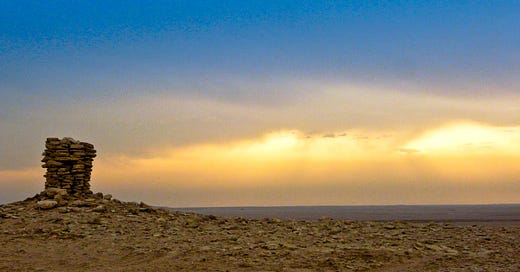



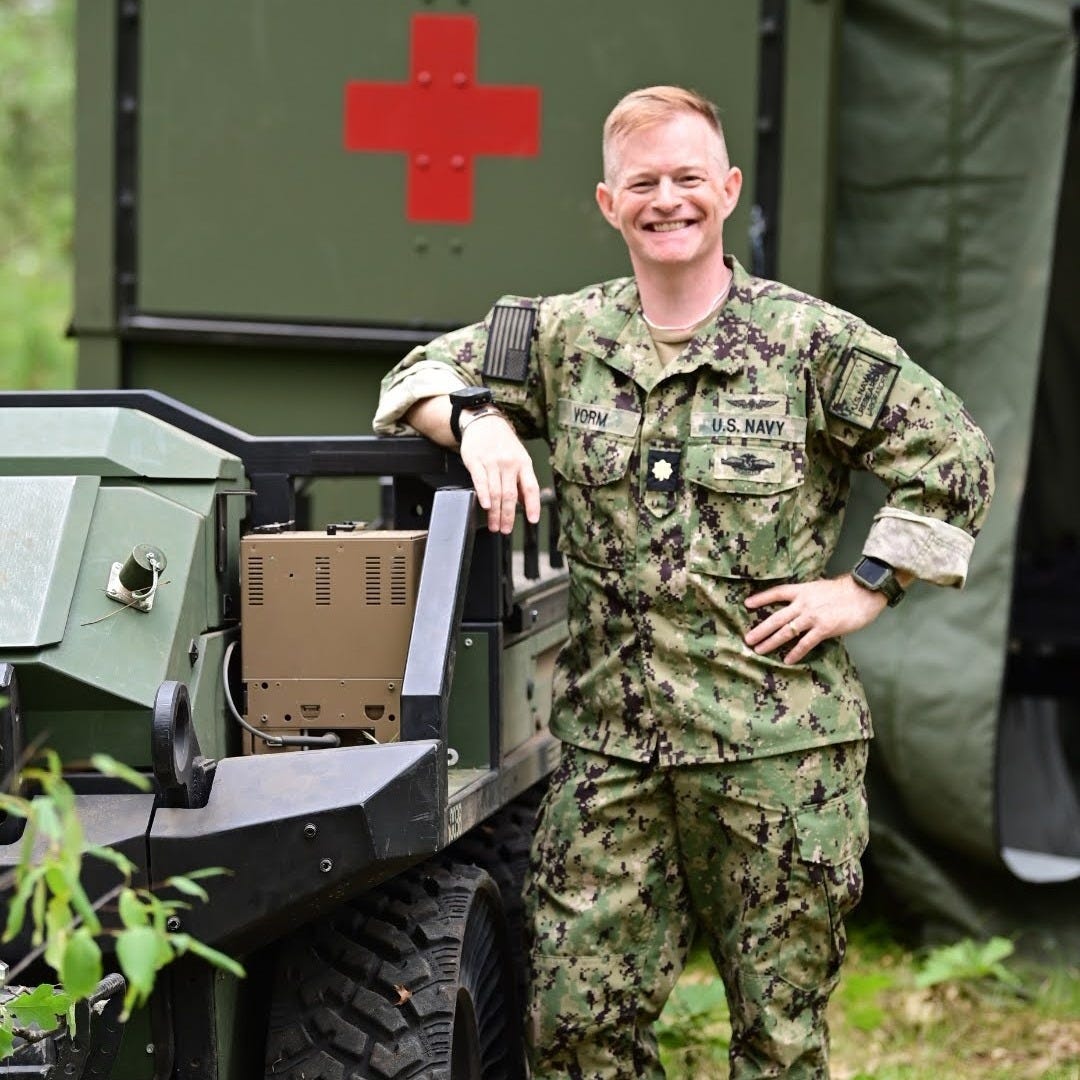
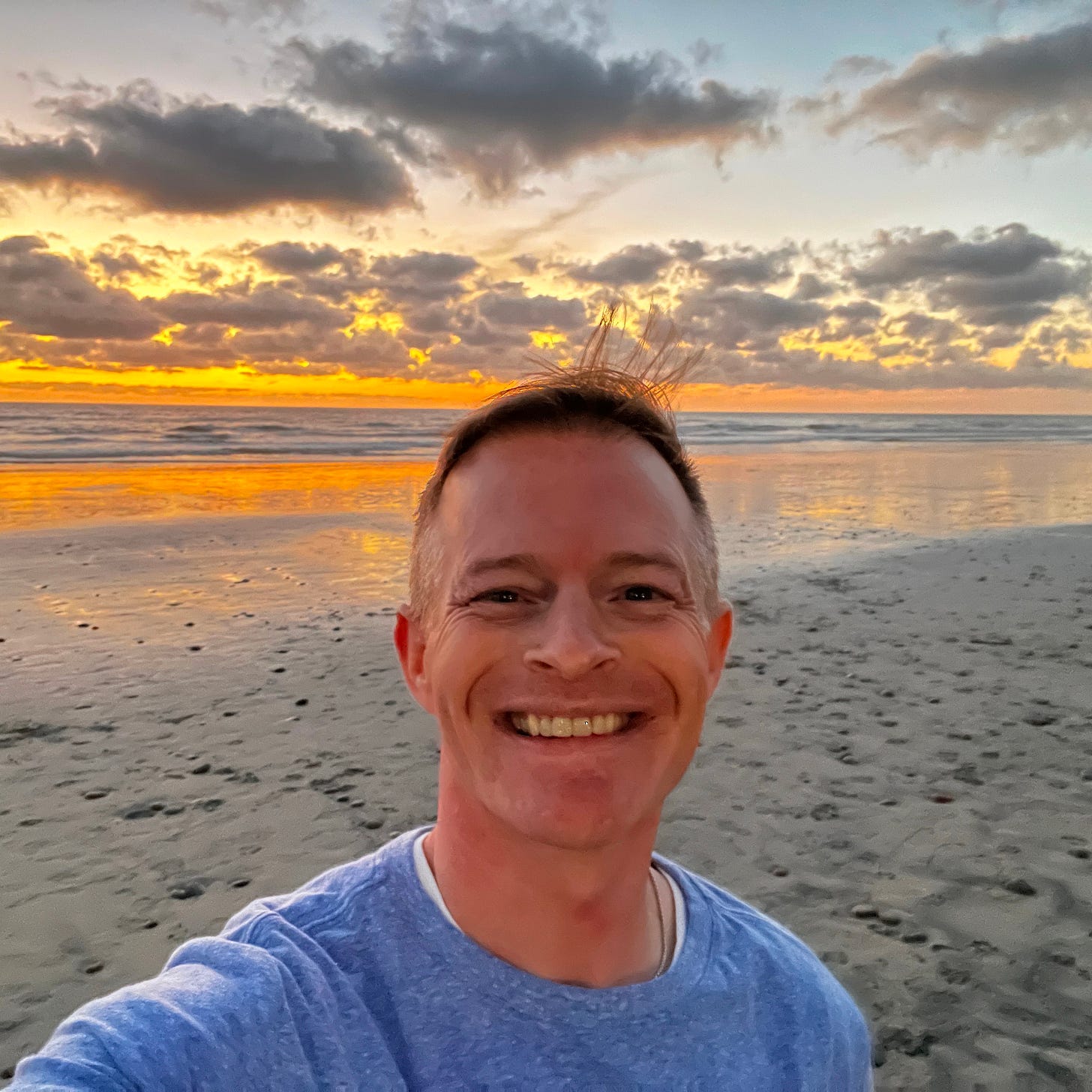
I enjoyed your insightful writing...the reflections on your interactions within a day...well said! Also...thank you for your service.